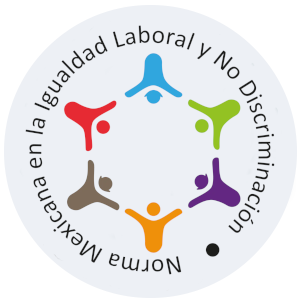
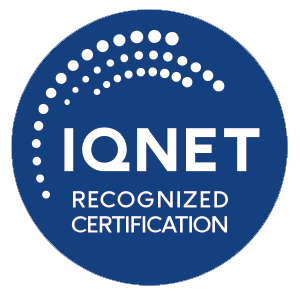
IQNet
IQNet (The International Certification Network)
Provides a framework for cooperation between accredited certification bodies, facilitating the international recognition of certificates issued under standards such as: ISO 9001, ISO 2000-1, ISO 27001, ISO 22301, and ISO 37001, among others.
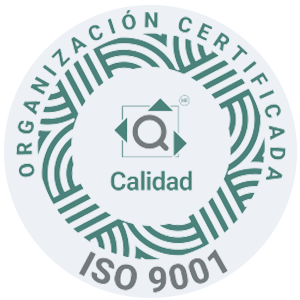
ISO 9001 : 2015
Quality Management System
Specifies the requirements for a quality management system, in order to demonstrate an organization's ability to provide products and services that meet customer and applicable statutory and regulatory requirements, always aiming for continuous improvement.
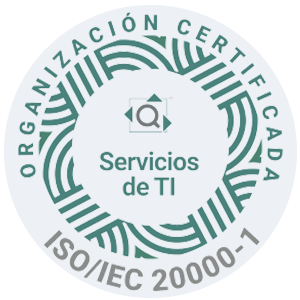
ISO/IEC 20000-1 : 2018
IT Service Management System
Specifies the requirements for a service management system, in order to plan, establish, implement, operate, monitor, review, maintain, and improve IT services that meet agreed service requirements.

ISO 22301 : 2019
Business Continuity Management System
Specifies the requirements to implement and maintain a business continuity management system, in order to protect the organization from disruptive incidents, minimize their impact, and ensure the continuity of essential operations.
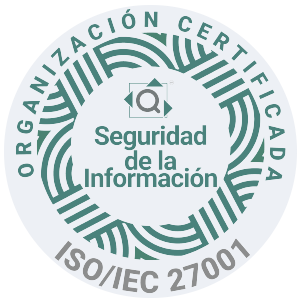
ISO/IEC 27001 : 2022
Information Security Management System
Specifies the requirements for establishing, implementing, maintaining, and improving an information security management system, with the aim of protecting information from internal and external threats, ensuring its confidentiality, integrity, and availability.
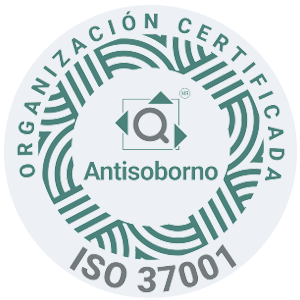
ISO/IEC 37001 : 2016
Anti-bribery management system
Specifies the requirements for establishing, implementing, maintaining, and improving an anti-bribery management system. Its objective is to support organizations in preventing, detecting, and responding to bribery and complying with anti-bribery laws and voluntary commitments.

ISO/IEC 27017 : 2015
IT Controls, Security Techniques, Code of Practice for Information Security Controls based on ISO/IEC 27002 for cloud services
Establishes a code of good practice for information security controls applicable to cloud services, based on ISO/IEC 27002, and adapted to the shared responsibilities between the cloud service provider and the customer.
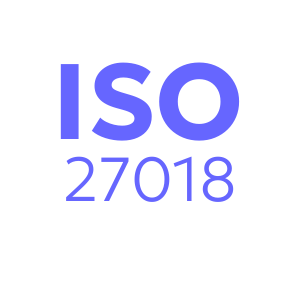
ISO/IEC 27018 : 2019
Information Security Management System of Controls for Personal Data in Public Clouds
Provides a set of controls and guidelines to protect personally identifiable information (PII) in public cloud services, based on the information security principles established by ISO/IEC 27002 and adapted for service providers acting as data processors.

ISO/IEC 27033
Information Technology Controls — Security techniques — Network security
Provides detailed guidelines for the design, implementation, and management of IT network security. It is part of the ISO/IEC 27000 family of standards, focused on information security, and is specifically aimed at protecting network infrastructure and the data transmitted through it.

ISO 14001 : 2015
Environmental Management Systems
Provides the requirements for establishing, implementing, maintaining, and improving an environmental management system. It helps organizations to effectively manage their environmental responsibilities, ensuring compliance with environmental regulations and contributing to the protection of the environment.
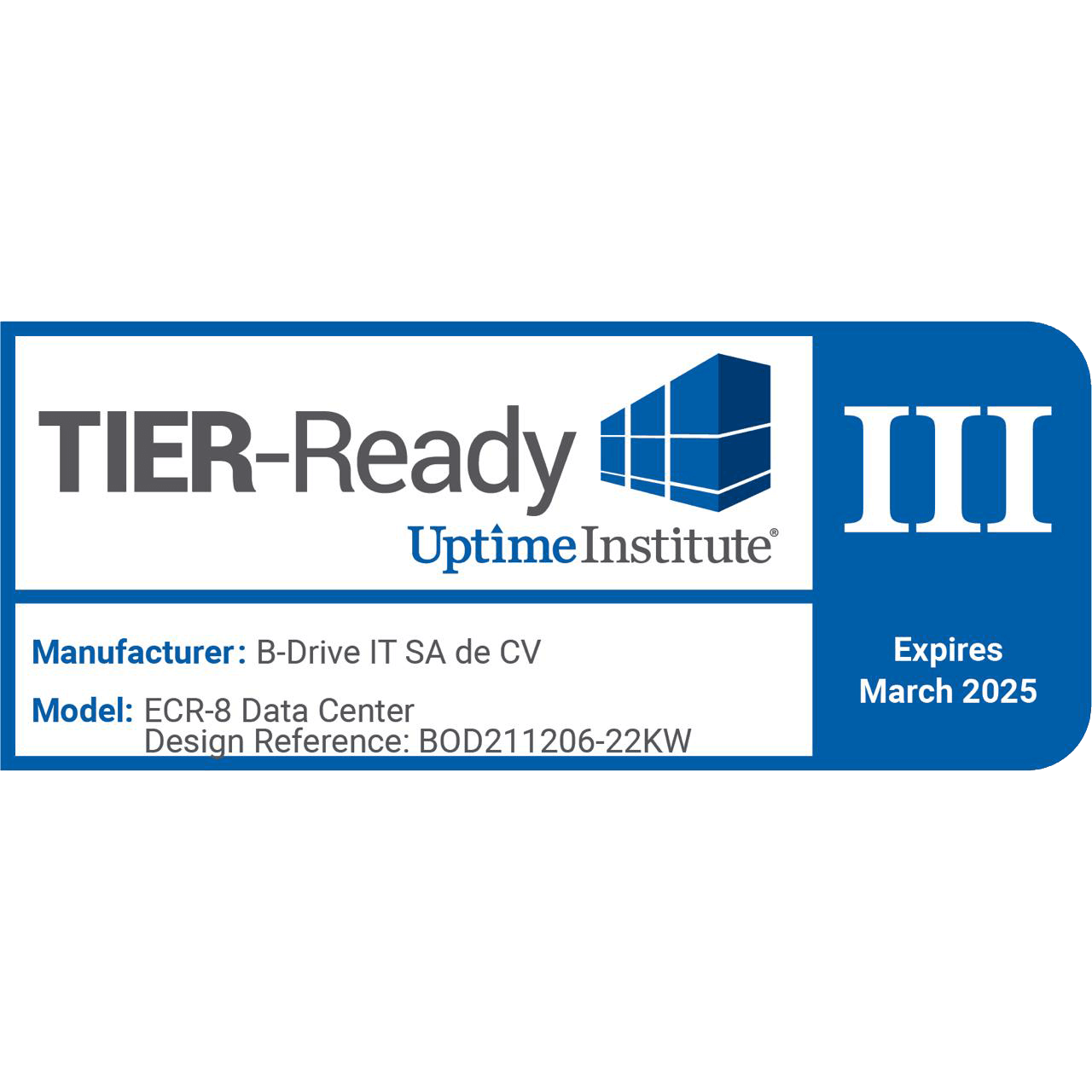
Tier III-Ready-ECR-8 data center
Certification indicating that a data center has been designed to meet the operational and infrastructure standards of TIER III level
The TIER certification is an international classification system developed by the Uptime Institute to assess the level of reliability and availability of a data center.
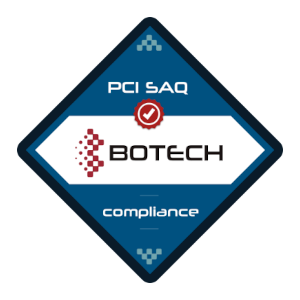
PCI DSS SAQ V4.0.1
PCI DSS (Payment Card Industry Data Security Standard)
A set of global security standards designed to protect payment card information and ensure that organizations handle card data securely. The SAQ v4.0.1 (Self-Assessment Questionnaire) version is one of the tools available to assess organizations' compliance with PCI DSS requirements.

ICREA Level IV
High Security World Class Quality Assurance Data Center
A world-class quality certification for data centers, which ensures that the infrastructure meets the highest standards in security, redundancy, data protection, and operational reliability. Data centers certified with this level are able to guarantee high availability of their services and protect organizations' critical assets against a wide variety of physical and cyber threats.
